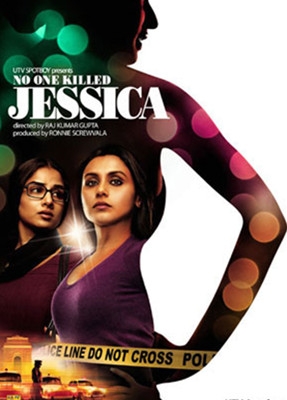Books and Arts;Indian film;Death in Delhi;

An energetic new film, “No One Killed Jessica”, relates this true story. It follows Ms Lall's stubborn younger sister, Sabrina, as she tried to get justice done. Alone, she didn't have a chance. Acolytes of the accused's powerful family bribed and threatened witnesses. The police were paid off and evidence lost. The film's most compelling scene—and one most damning of India's semi-rotten legal institutions—shows witnesses in turn retracting their original testimony, saying that they could no longer remember the events, and letting a guilty man go free.











